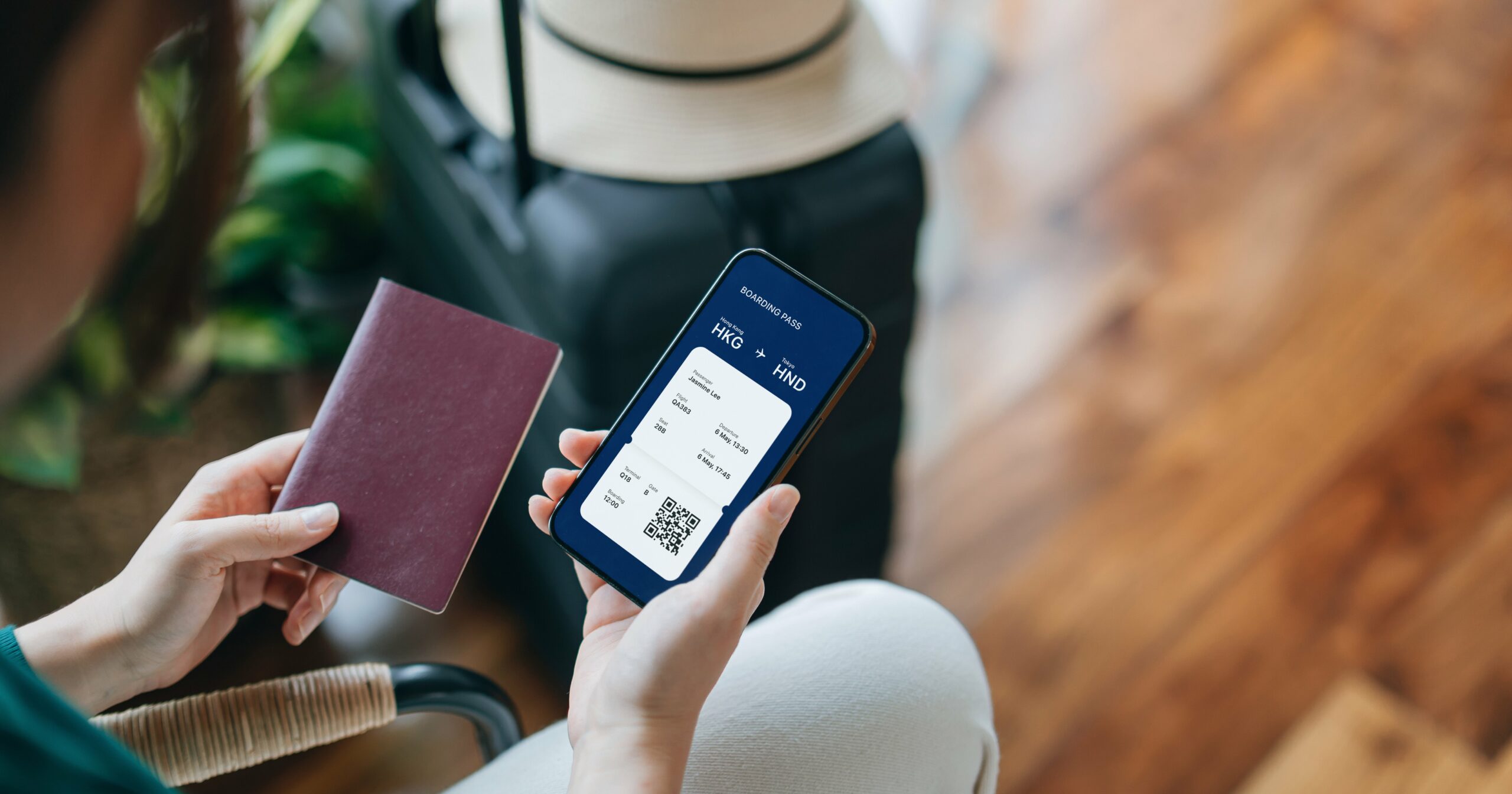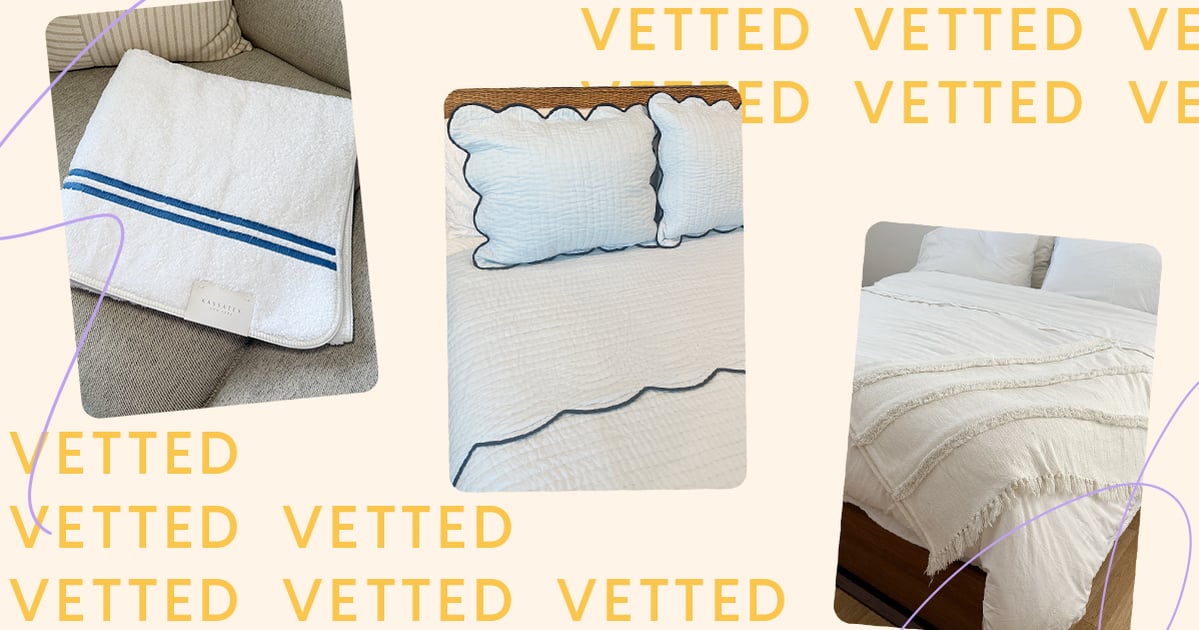Back in my college years, when I was living with my parents, managing several (sadly) unpaid internships, and working with a very limited disposable income, I often relied on “buy now, pay later” platforms to help keep up with my shopping habits. Peruse sites like Nordstrom or Revolve, and you’re sure to spot any one of these payment alternatives; they’re platforms that, quite literally, give people the freedom to purchase something in an instant and then pay for it in increments and over a designated period of time.
In my case, they often helped with steeper purchases like buying a quality blazer for a job interview or splurging on a thoughtful gift for a loved one; the platforms gave me enough breathing room to make bigger, exciting purchases (even within my tight college budget) and then pay it back at a pace that felt more manageable and comfortable for me. It was pretty amazing in hindsight, especially for a young woman still trying to figure out her finances.
Little did I know (at least up until very recently) that these sorts of services actually extend far beyond the retail space – now, through platforms like Afterpay, they’re also viable options for booking travel. Long gone are the days of simply using “buy now, pay later” services to stock up on wardrobe essentials or update your beauty arsenal; you can now streamline your travel booking and coordinate everything from flights to hotel stays, all through a single app and with payments that are spread out over time. “Fly now, pay later,” if you will.
I’ll admit: even as a seasoned Afterpay user, I had my reservations about how seamless and practical booking a hotel or flight could actually be through one of these platforms. Coordinating the logistics of a trip are stressful enough without having to factor in making multiple payments or incorporating another website into the mix beyond Expedia. But there was also something liberating about the idea of booking a trip on a whim and all without feeling burdened by the immediate dent it might make in my bank account.
Naturally, I had a lot of questions. Is using a “buy now, pay later” platform as simple as booking directly through an airline or hotel service? How long are payment increments spread out? Do you feel more inclined to spend on a trip because of the extra wiggle room within your budget? I sought to answer my (many) questions and test Afterpay’s effectiveness for booking travel. Ahead, read my full review to see how I used Afterpay to book a weekend getaway to Seattle – and why I think it’s the ultimate tool for planning a hassle-free trip.
How Does Afterpay Work?
The process of using Afterpay is pretty simple. To start, I downloaded the app, created my own account, and then began browsing through the platform’s offerings. Because I was looking to coordinate travel, I started my search by clicking on that category, navigating to the “Alternative Airlines” tab, and then inputting my information – like the desired destination (Seattle), dates, and the total number of passengers who would be traveling. The app then pulled up a number of related options so that I could choose the airline and flight time that worked best for me; there were plenty of nonstop flights from airlines like Alaska Airlines, American Airlines, Spirit, Frontier, and more.
After booking my flights through Afterpay, I received a confirmation email from Alternative Airlines, which provided my airline reference code, E-ticket, and details about my flight regarding the check-in time and passenger details. I was then able to input this information into the Alaska Airlines app, and it seamlessly pulled up my reservation so that I could check-in and monitor any flight changes accordingly. The process was so simple, and it immediately updated my total balance in the Afterpay app – that way, I knew what had to be paid right away as well as over time. Afterpay gives users the ability to pay the costs back in four equal installments over the course of six weeks, with the first installment being charged at the time of purchase.
When it came to booking my hotel, I followed a similar process; I logged into the Afterpay app, navigated over to the “Expedia” tab under the travel category, and inputted my preferred details into Expedia’s search portal – my stay dates, the neighborhood I’d be in, and the total number of guests. My search yielded dozens of hotels that worked with Afterpay, including major properties owned by Sheraton, Hyatt, Kimpton, Fairmont, and many more. I’m loyal to boutique hotels, so I chose the Palihotel Seattle, which is located within three minutes of Pike Place Market and was well within my travel budget. Upon booking my stay through Afterpay, I then received a confirmation email from Expedia with my booking reference, details about my hotel, and a full breakdown of what my stay included.
Once again, I saw my total cost reflected in the Afterpay app, with the first installment being charged right away, and the remaining three spread out over a longer period of time. Besides flexible payment options, the platform also offers adjustable dates and an Autopay option, so you can automatically be charged for timed payments, that way you don’t have to worry about managing them yourself.
Additionally, Afterpay has thousands of different merchants to shop from, including major brands like Nordstrom, Target, and Revolve. Prior to departing on my Seattle trip, I decided to purchase a couple travel essentials, like the Wander Beauty Baggage Claim Gold Eye Masks ($26), Béis The Cosmetics Case ($68), and the Edikted Autumn Cotton Blend Sweatpants ($53). The products arrived well before my trip and (similarly to my hotel and flights) could be paid off gradually, even after they were already delivered.
What I Like About Using Afterpay
My favorite thing about Afterpay is that it’s truly a backdoor way into enjoying more burden-free travel. As much as I enjoy coordinating trips, there are few things worse than the feeling of looking at your bank account and seeing your total savings be significantly lower after booking a flight or hotel – it can be a truly nauseating experience (even when you’re excited about the actual trip). While Afterpay doesn’t make paying for a trip cost any less – you can expect to see the same fares and nightly rates that would be offered when booking directly through Expedia or Booking.com’s site – it does give you some breathing room to pay back the total costs over time versus having it be all up front.
I can’t explain the psychology of it, but while on my trip, I definitely felt more liberated in my spending because of it. Knowing that a large chunk of my savings hadn’t been spent – at least not yet – gave me an underlying confidence to lean into my trip more; I ordered the extra drink, paid for the extra Uber ride, and didn’t feel the same guilt about ordering room service late at night. It’s as if I felt more empowered to live in the moment and not overthink the financial aspect of it as much. (There are definitely dangers to this mindset, especially if you’re working with a tight travel budget.) But having that kind of spending control gave me more agency over the entire experience, and it ultimately helped me to enjoy traveling in a way that I never had before.
Another huge plus with Afterpay is that the payments are interest-free – so long as you pay in the platform’s designated four installments. If you miss a payment, you run the risk of incurring a late fee, but otherwise you don’t have to worry about interest piling up just because your payments are spread out over time.
What’s Worth Noting
Afterpay implements spending limits on all of its accounts, so you don’t have unlimited funds to book or purchase whatever you want. Spending limits will often vary by user and will be determined through a “soft” credit check, according to the brand; limits start at around $600, and mine was listed at $1,000 when I first set my account up. Essentially, this means that you can’t exceed your credited amount within the app, and if you need to – maybe because you’re looking to make a larger purchase or plan a longer trip – you’ll need to pay off any existing costs before having those funds credited back into your account.
Because I live in Arizona and only spent two nights in Seattle, my total trip fell within these spending limits, but had I traveled out of the country or tried coordinating a longer stay, Afterpay’s spending caps might’ve posed an issue. The good news is that these spending limits are designed to increase over time as long as you make on-time payments; meaning that if you use Afterpay responsibly, you’ll be rewarded with more spending power in the future.
Another thing to note with Afterpay is that the platform only allows you to book and purchase things through its own assortment of retailers and brands – meaning the service doesn’t work with every hotel, airline, or retailer. There are the usual heavy hitters when it comes to travel-booking, but you’ll still want to verify the available options through Afterpay before basing the entirety of your trip around the platform.
Who Is Afterpay Best For?
If you’re someone who wants more control over your spending and more freedom when you travel, Afterpay is a fantastic option for booking – especially when it comes to shorter trips or domestic getaways.
Additional Details
- Through Afterpay, shoppers can pay for things in four equal installments, without incurring any interest.
- The platform gives shoppers the ability to purchase things across a range of categories, including: clothing and accessories, beauty and personal care, health and wellness options, travel, experiences and ticketing, and more.
- Payments are spread out over the course of six weeks.
Where Can I Sign Up For Afterpay?
Download the Afterpay app for your mobile device – there, you’ll be able to sign up or log into your existing account, then make purchases and interest-free payments over time.
Rating:
Kyley Warren is an award-winning writer, editor, and affiliate strategist with more than four years of experience in the publishing space. She currently works as an assistant editor on PS Shopping and is an expert on all things related to shopping and fashion. She previously worked with Entertainment Tonight as a style commerce writer, and her byline has appeared in publications globally.



